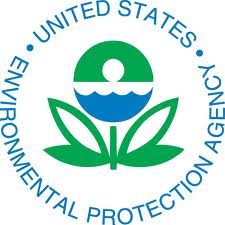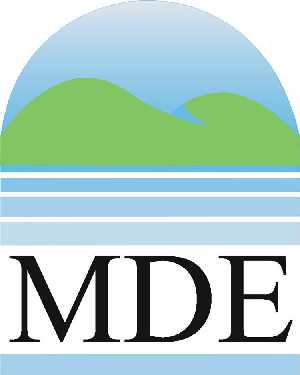The Bullet:
The owner/operator of a manufacturing facility in Baltimore, MD agreed to a settlement with the USEPA over its alleged violations of Federal regulations based on the Resource Conservation and Recovery Act (RCRA). As part of settlement the company agreed to come into full compliance with state and Federal regulations and to pay a penalty of $39,400.
Who:
Simpson Strong-Tie Company, Inc. manufactures epoxy-based products, grout and cement products, and fiberglass molds.
USEPA contact: Donna Heron 215-814-5113 / heron.donna@epa.gov
What:
The alleged violations involve containers of spent acetone and spent dibasic ester managed as hazardous waste and include:
- Failure to make a hazardous waste determination.
- Failure to keep hazardous waste containers closed except when adding or removing waste.
- Failure to label and date hazardous waste containers
- Failure to provide proper EPA identification numbers on hazardous waste manifests.
As part of this settlement, the company has neither admitted nor denied liability for the alleged violations, but has certified its compliance with applicable RCRA regulations.
Where:
The company operates a manufacturing plant located at 3100 Falls Cliff Rd., Baltimore, Md.
When:
Initial USEPA inspection of facility in April of 2012.
USEPA news release of settlement dated June 10, 2014.
Why:
RCRA is designed to protect public health and the environment, and avoid costly cleanups, by requiring the safe, environmentally sound storage and disposal of hazardous waste. By complying with regulatory requirements for managing hazardous waste, the company will significantly reduce the possibility of accidents that could contaminate soil and groundwater.
How:
Though Maryland has an authorized hazardous waste program administered by the Maryland Department of the Environment, in this case the USEPA was the lead Agency in settling this issue with the company.
Conclusion:
How expensive is training? How much time will it take? Will it be a big hassle? My answer to these questions, and others like it, is that my training is much less expensive and time-consuming than a single violation of the Federal or State hazardous waste regulations. If you’re a Large Quantity Generator of hazardous waste you must provide annual training for all of your Facility Personnel who are exposed to hazardous waste. Confused? Don’t be. Contact me for a free RCRA Training consultation.
Contact me with any questions you may have about the transportation of hazardous materials
Daniels Training Services 815.821.1550 |
